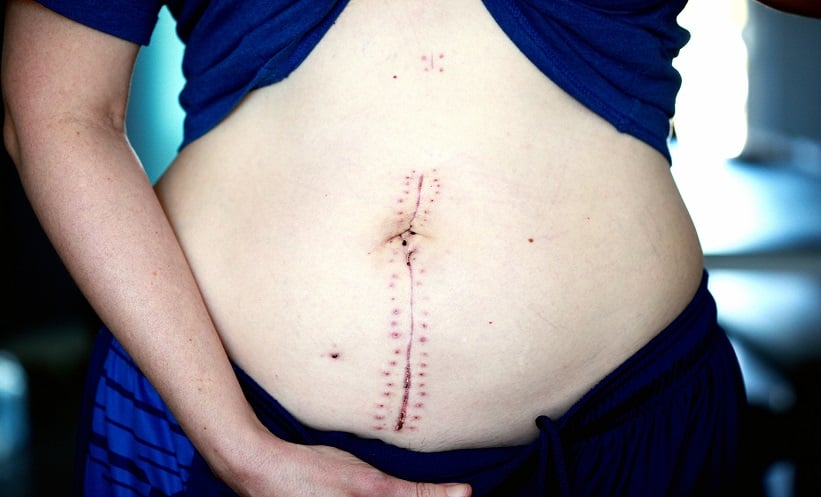DIVERSITY of the skin’s bacterial microbiome may depend upon genetic factors that help to determine healing in chronic wounds. These genetic determinants may provide potential therapeutic targets or act as predictive markers in wound care.
Genomic analysis of patients with chronic wounds, alongside their wound microbiota culture findings, was undertaken in a study by Texas Tech University, Lubbock, Texas, USA. Researchers identified that genetic variations in TLN2 and ZNF521 were associated with the abundance of both type and total number of bacteria. The two-cohort study used structural equation modelling to determine that variation in six gene loci explained 53% of variation in the diversity of microbiota of wounds in the patients studied. These gene loci are thought to relate to the ability of bacteria to take advantage of focal adhesions and cellular migration in their infective process.
In the patient cohorts studied, those with fewer bacterial species present in their wounds healed more slowly, and pseudomonas infection of wounds was associated with fewer bacterial species. The most commonly present bacteria species were Pseudomonas aeruginosa and Staphylococcus epidermidis, and the presence of both were associated with the identified variations in TLN2 and ZNF521.
Chronic wound infection, relating to those wounds that take longer than 3 weeks to heal, can be debilitating and costly for patients and healthcare services. The healing process of these wounds can be impaired by the presence of bacterial infection, as well as other factors such as age and diabetes, but it is unclear how patient genetic factors may relate to pathogen species’ variation from patient to patient. Identification of patient genetic determinants may help with tailoring treatment to improve wound healing and could help identify patients at risk of chronic wounds.
Researcher Prof Caleb Phillips, Texas Tech University, highlighted the value of these findings: “This study demonstrates the ability to find variants in people’s genomes that explain differences in the microorganisms that infect their wounds. Such information is expected to guide new understanding about the mechanisms of infection and healing, and the establishment of predictive biomarkers that improve patient care.”







